Adrian Bedford
Using Quantum Solved Deep Boltzmann Machines to Increase the Data Efficiency of RL Agents
Aug 30, 2024
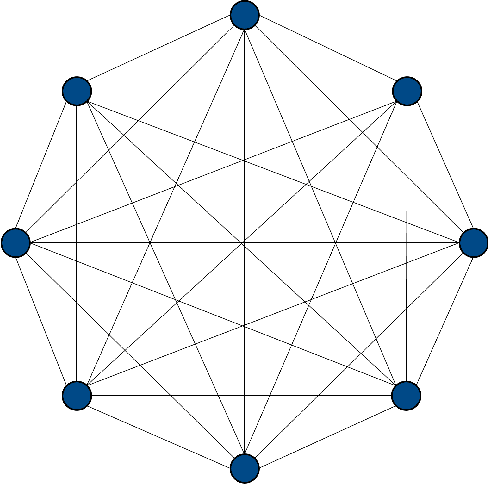
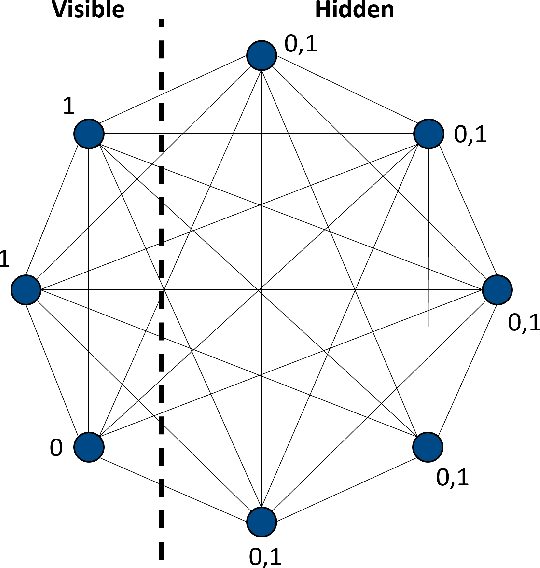
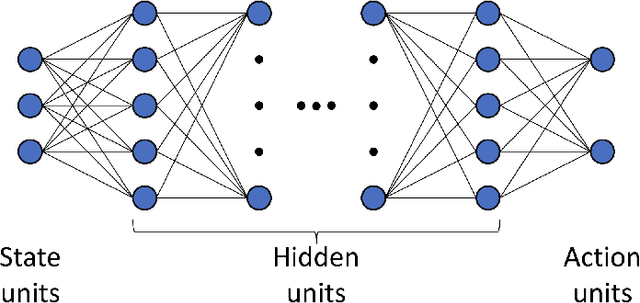
Abstract:Deep Learning algorithms, such as those used in Reinforcement Learning, often require large quantities of data to train effectively. In most cases, the availability of data is not a significant issue. However, for some contexts, such as in autonomous cyber defence, we require data efficient methods. Recently, Quantum Machine Learning and Boltzmann Machines have been proposed as solutions to this challenge. In this work we build upon the pre-existing work to extend the use of Deep Boltzmann Machines to the cutting edge algorithm Proximal Policy Optimisation in a Reinforcement Learning cyber defence environment. We show that this approach, when solved using a D-WAVE quantum annealer, can lead to a two-fold increase in data efficiency. We therefore expect it to be used by the machine learning and quantum communities who are hoping to capitalise on data-efficient Reinforcement Learning methods.
Quantum Deep Learning: Sampling Neural Nets with a Quantum Annealer
Jul 19, 2021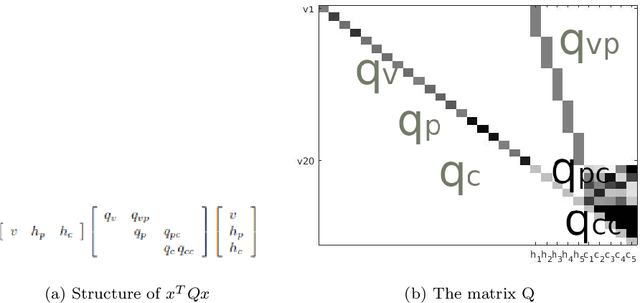
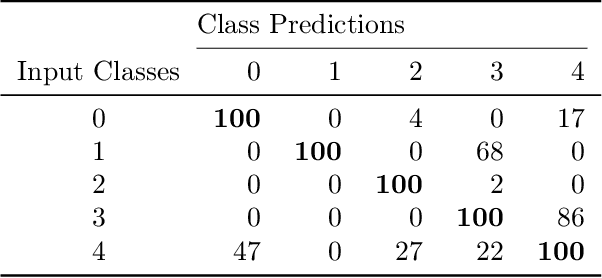
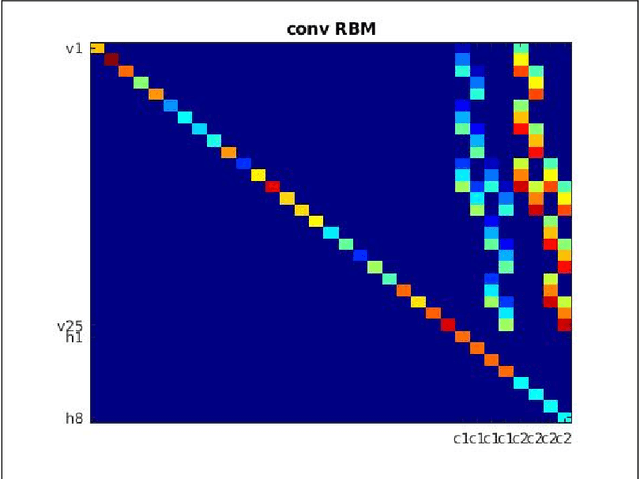
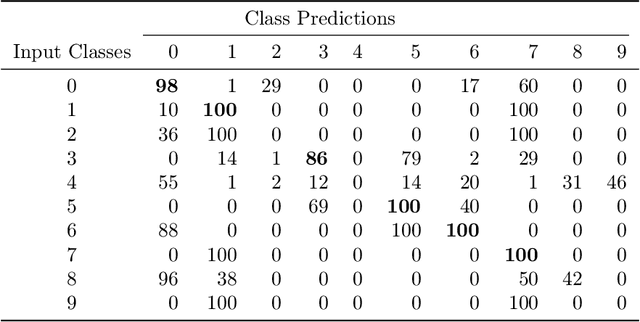
Abstract:We demonstrate the feasibility of framing a classically learned deep neural network as an energy based model that can be processed on a one-step quantum annealer in order to exploit fast sampling times. We propose approaches to overcome two hurdles for high resolution image classification on a quantum processing unit (QPU): the required number and binary nature of the model states. With this novel method we successfully transfer a convolutional neural network to the QPU and show the potential for classification speedup of at least one order of magnitude.
 Add to Chrome
Add to Chrome Add to Firefox
Add to Firefox Add to Edge
Add to Edge